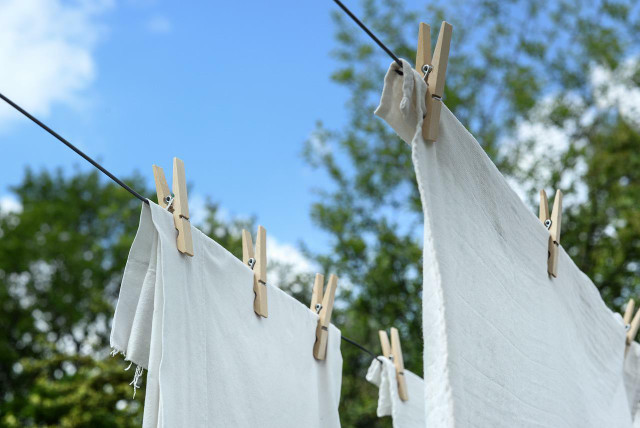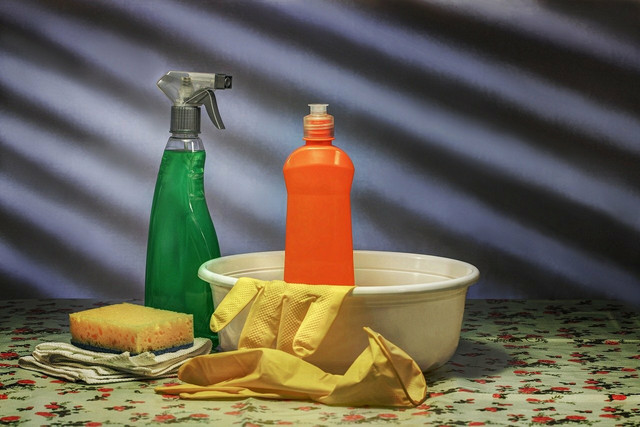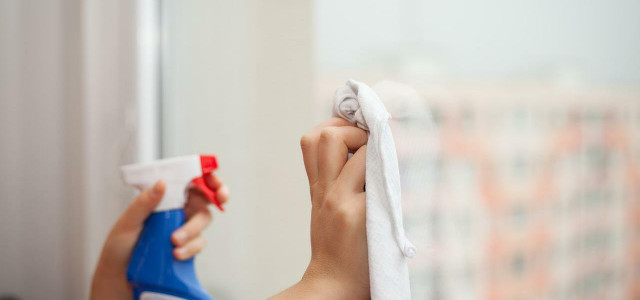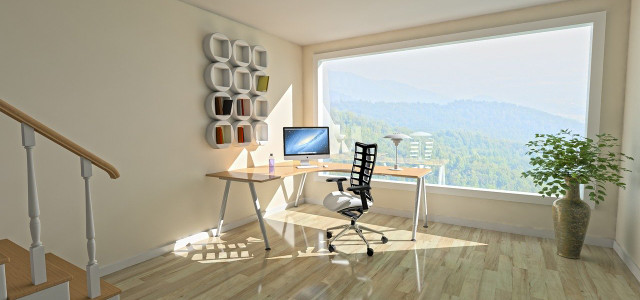Hydrogen peroxide is a versatile substance and can be used while cleaning at home. Want to learn when to use it to clean at home, and when not to? Read on.
Hydrogen peroxide is a relatively safe substance — it is nontoxic, anti-fungal and anti-bacterial. It is also a more sustainable substance than many other cleaning agents: it decomposes into water and oxygen once used and therefore doesn’t release any harmful byproducts into the air or waterways.
Hydrogen peroxide comes in different strengths based on what purpose you intend to use it for (such as cleaning, bleaching hair, etc.) but can lose its effectiveness when exposed to air. That is why it is important to know when and when not to use it for cleaning.
When to Use Hydrogen Peroxide for Cleaning

(Foto: CC0 / Pixabay / Skitterphoto)
It is safe to use hydrogen peroxide in its three percent form around the home. Depending on what you’re cleaning, you can often simply spray the hydrogen peroxide directly onto items to disinfect them. Here are some instances when you can safely use hydrogen peroxide while cleaning:
- As a disinfectant: get rid of germs on items like cutting boards, sponges, kids toys, pet toys, outdoor tools and beauty brushes/tools or use it to clean your refrigerator shelves. You can also use it in the dishwasher, in the toilet bowl, on countertops, on glass surfaces and to clean mirrors naturally.
- As a whitening agent: items like grout and tile can be whitened and disinfected if you use hydrogen peroxide as a cleaning agent. Either combine half a cup with one gallon of warm water or create a thick paste of hydrogen peroxide and baking soda to really whiten those dirty areas. Add one cup of hydrogen peroxide to your white laundry to brighten the clothes.
- As a stain remover: dab a bit of hydrogen peroxide on stained clothes or textiles before throwing them in with the laundry. Harder to remove stains may require a bit of work — simply combine one part hydrogen peroxide with two parts dishwashing liquid. Let the stain sit for one hour, then wash it in cold water. If you have a marble surface with a stain, simply mix together flour and hydrogen peroxide to form a paste, cover and let sit for about 12 hours, and watch the stain disappear.
- As an odor remover: tough odors from athletic wear or outdoor equipment can be disinfected and deodorized if you wipe them or wash them with hydrogen peroxide.
- As a bug deterrent: mix together hydrogen peroxide and water in a spray bottle and spray down your mattress to keep dust mites at bay. Let the mattress dry completely before use.
As a safety precaution, always remember to wear gloves while cleaning with hydrogen peroxide. Even in its safest form, it can still be an irritant to the skin.
When Not to Use Hydrogen Peroxide



(Foto: CC0 / Pixabay / Michael-T)
Sometimes hydrogen peroxide is not the right substance for the job and must be used with caution, or not at all. Here are some examples:
- Cleaning cuts: Although hydrogen peroxide used to be a staple in first aid kits for cleaning cuts, it is no longer recommended and should be avoided, as it can possibly harm the healthy cells around the cut.
- With vinegar: if you combine vinegar with hydrogen peroxide, a paste will form that can seriously irritate the skin, eyes, nose, throat and lungs.
- Never drink it: keep hydrogen peroxide away from areas where children could accidentally ingest it as it is not safe to consume. If ingested, call Poison Control immediately.
- If it doesn’t fizz: Hydrogen peroxide can lose its effectiveness once it hits the air. If you plan to use it and it doesn’t bubble up or fizz, it is no longer effective and should be discarded. To avoid this, use an opaque spray bottle and keep the mixture away from light.
Read on:
- How to Clean a Mattress Topper the Eco-Friendly Way
- How to Clean Copper Pans and Pots Naturally
- How to Clean & Disinfect Your Laptop Keyboard
Do you like this post?







